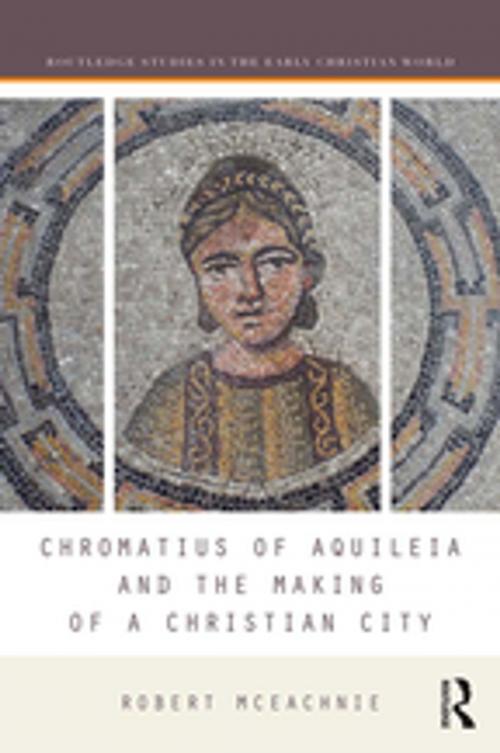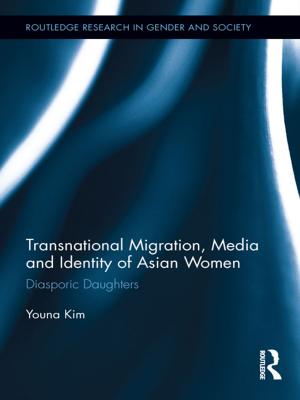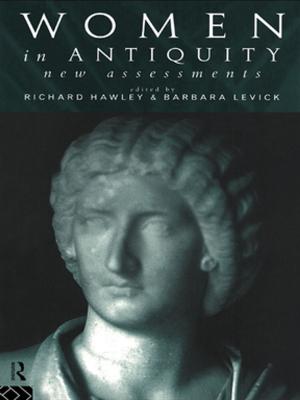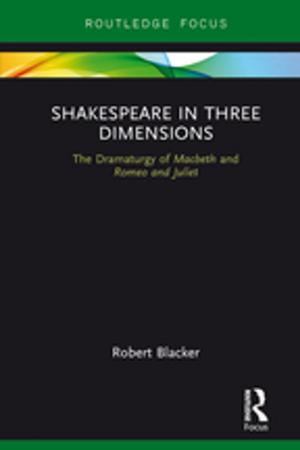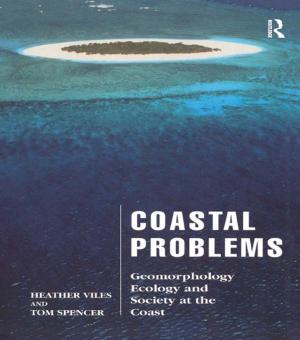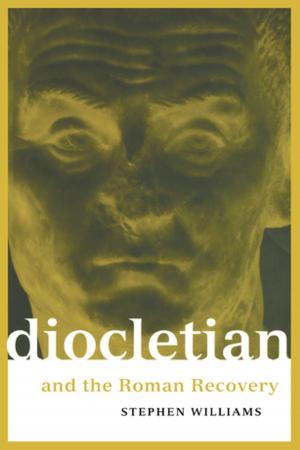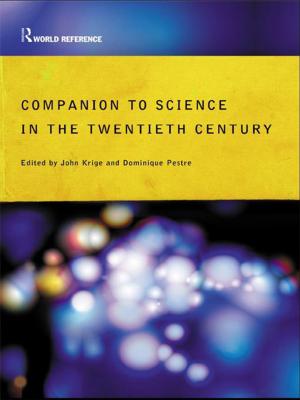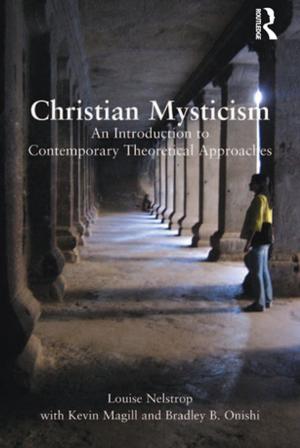| Author: | Robert McEachnie | ISBN: | 9781315410432 |
| Publisher: | Taylor and Francis | Publication: | July 6, 2017 |
| Imprint: | Routledge | Language: | English |
| Author: | Robert McEachnie |
| ISBN: | 9781315410432 |
| Publisher: | Taylor and Francis |
| Publication: | July 6, 2017 |
| Imprint: | Routledge |
| Language: | English |
Chromatius of Aquileia and the Making of a Christian City examines how the increasing authority of institutionalized churches changed late antique urban environments. Aquileia, the third largest city in Italy during late antiquity, presents a case study in the transformation of elite Roman practices in relation to the urban environment. Through the archaeological remains, the sermons of the city’s bishop, Chromatius, and the artwork and epigraphic evidence in the sacred buildings, the city and its inhabitants leave insights into a reshaping of the urban environment and its institutions which occurred at the beginning of the 5th century. The words of the bishop attacking heretics and Jews presaged a shift in patronage by rich donors from the city as a whole to only the Christian church. The city, both as an ideal and a physical reality, changed with the growing dominance of the Church, creating a Christian city.
Chromatius of Aquileia and the Making of a Christian City examines how the increasing authority of institutionalized churches changed late antique urban environments. Aquileia, the third largest city in Italy during late antiquity, presents a case study in the transformation of elite Roman practices in relation to the urban environment. Through the archaeological remains, the sermons of the city’s bishop, Chromatius, and the artwork and epigraphic evidence in the sacred buildings, the city and its inhabitants leave insights into a reshaping of the urban environment and its institutions which occurred at the beginning of the 5th century. The words of the bishop attacking heretics and Jews presaged a shift in patronage by rich donors from the city as a whole to only the Christian church. The city, both as an ideal and a physical reality, changed with the growing dominance of the Church, creating a Christian city.
